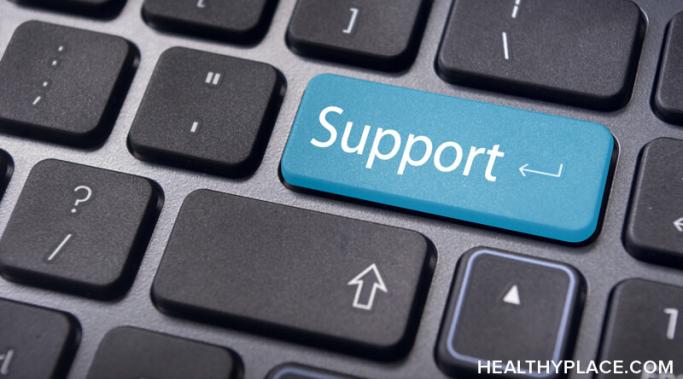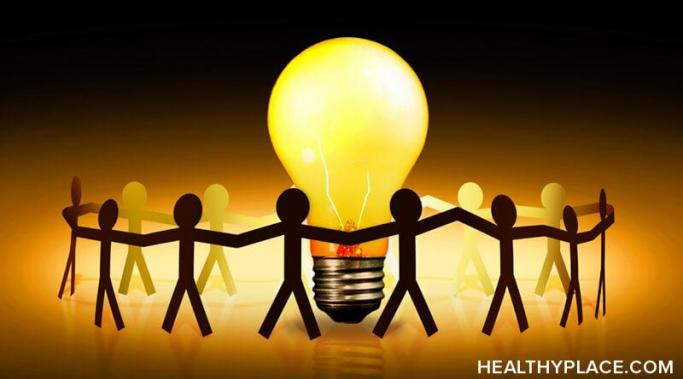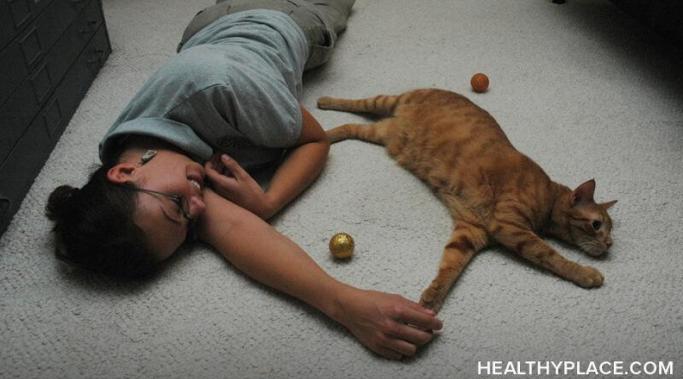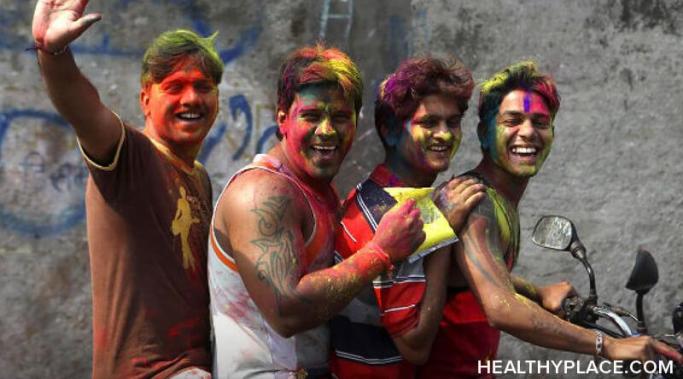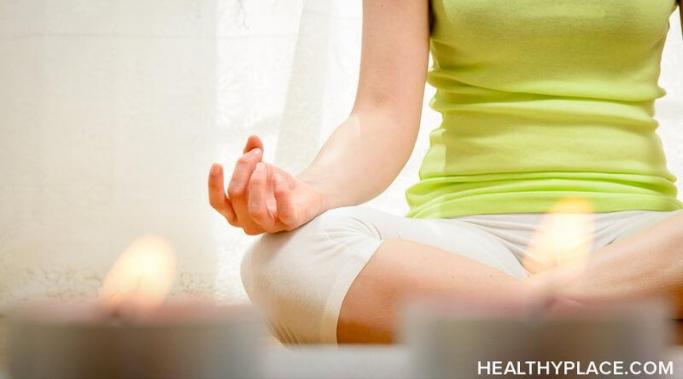Supporting your loved one during a gambling addiction recovery journey is quite difficult. Seeing a loved one struggle with gambling addiction can be heartbreaking. You may feel a mix of emotions – concern, fear, anger, and even frustration. But amidst these feelings, one desire likely stands out: to help them get better. However, starting a conversation about a sensitive topic like gambling addiction can be daunting. In this article, I'll share some tips to guide you through this difficult but necessary conversation that serves as a starting point when supporting a loved one in addiction recovery.
Recovering from Mental Illness
I've used art to manage my mental illness. Art and tapping into creativity is an excellent source of self-therapy. When I was in intensive therapy during a difficult point of my life, I was introduced to art as therapy. I was skeptical at first, but the idea that art could help manage my mental illness and be soothing and stress-relieving opened a new door for me in my recovery.
Technology does not have to be an enemy for recovering gambling addicts. The right digital tools for gambling recovery can help you achieve and maintain abstinence and even improve emotional wellbeing. Let's take a look at how technology can aid in gambling recovery.
Pet adoption in mental illness recovery is an important decision. Pets are cute, comforting, and can be great for someone's mental health. Even last week, I saw a dog sporting his "emotional support dog" vest. Many people with mental illness find comfort in their pets, and there are many reasons why pet adoption during mental illness recovery makes sense, but the decision to bring a pet into your life can be equally amazing and stressful.
Parenting in gambling addiction recovery is not easy. The weight of gambling addiction isn't just on us, the ones battling it; it bleeds into the lives of loved ones, especially our children. That's why it's important to consider parenting in gambling addiction recovery.
Managing finances when you have a mental illness can be complicated. The dreaded "your account is overdrawn" bank email and I were well acquainted while my mental health declined. I felt a heavy sense of guilt when it came to my finances. My reluctance to face my situation and the shame I felt asking for help created a snowball of dread. Mental illness can make managing finances more difficult, but it isn't a hopeless situation, and it shouldn't be a source of shame.
Rebuilding relationships after a gambling addiction is a tall hill to climb. I know this too well because my gambling addiction left a trail of broken relationships. A few months into my recovery journey, it dawned on me how much I had lost—not only money but also valuable relationships that had taken me years to build. My actions had caused my loved ones so much hurt that they found it harder to trust me, which naturally built a wall between us. Today, I'll share what I have learned about rebuilding relationships after addiction.
"I'll sleep when I'm dead" is a line my former self fully embraced before learning more about sleeping for mental health. If others didn't need sleep, I thought I didn't either. That thought process took a nasty toll on my mental health. Sleeping is essential for mental health and shouldn't be put on the back burner.
Recovering from gambling addiction throws a lot your way, including coping with triggers. You're constantly dodging old habits and navigating a world that sometimes seems designed to trigger cravings. From the countless betting advertisements on your screen to casinos on almost every block, there are so many triggers, and it is so easy to feel overwhelmed. For a long time, these triggers proved too strong for me to overcome. I found myself repeatedly drawn back to gambling, each time promising myself that it was the last. In this article, I'll be sharing some of the strategies that have helped me manage my triggers in gambling addiction recovery.
I used to think I was bad at meditation. I had poured myself into books, podcasts, and media that revolved around self-improvement and noticed a common theme: meditation. The problem was that I had already convinced myself that I was bad at meditation. After years of trying, I felt discouraged that I couldn't grasp this seemingly magic tool praised by many. I had almost given up, but instead, I turned to the question, "Is it possible to be bad at meditating?"
